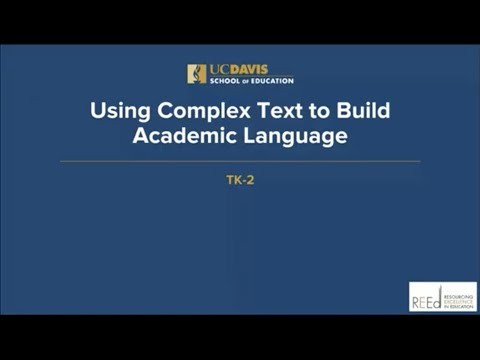This project investigates the knowledge and practices needed
to support the enactment of a set of research-based, high impact
practices for developing the academic language and literacy of
young emergent bilinguals (EBs). The contribution of this
work is in combining a focus on young EBs (TK-2) with online
resources to support home and family engagement.
The REEd Framework for Bilingual Family-School
Partnerships
The REEd Framework for Bilingual Family-School
Partnerships prioritizes leveraging and respecting
bilingual families’ home languages and cultures to
promote reciprocal communication, empowering advocacy
efforts, and trusting relationships in service of student
learning. By creating practical tools that align with a
research-based framework, the REEd Framework offers a bridge from
theory to practice. A unique feature of our framework and tools
is that we have infused a translanguaging approach
throughout. Download the REEd Framework Executive Summary Download the full REEd Framework
The following video provides a brief introduction to the
framework and its key components.
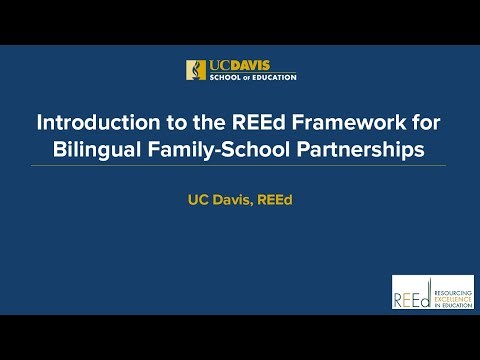
Tools for Educators & Families
The REEd Framework for Bilingual Family-School Partnerships is
unique in that it includes a suite of online tools that support
educators in enacting the principles in the Framework and
promoting language and literacy development among emergent
bilingual students in the primary grades. We created tools in
both document and video formats to ensure they are easy to
access, download, and share among practicing educators. The tools
in the tables below include surveys, rating scales, reflection
questions, webinar recordings and slides, videos for parents,
videos for educators, resource lists and guides, tools for
leading professional learning, family events at school, classroom
resources, and materials to promote learning at home. All these
tools may be used or adapted by schools and educators to
support bilingual school-family partnerships.
These tools were developed by a team of bilingual educators,
informed both by research and first-hand experience as
classroom teachers working with bilingual students and families.
Upon receiving feedback from teacher participants, we revised and
expanded the tools and created new ones at
teachers’ suggestions. Translations are provided for many of
the tools for families in Arabic, Simplified Chinese, Traditional
Chinese, Hmong, Russian, Spanish, and Vietnamese.
Framework Overview
Communication
Relationships
Advocacy
Student Learning
Teacher and Parent Modules for Teaching
Language and Literacy in TK-2nd Grade
The modules below were developed by experts in the area of second
language acquisition and teaching bilingual learners. They
include a framework and research-based strategies that teachers
and parents can use to extend children’s academic language and
literacy in three areas: 1) discussion/interaction, 2)
production (writing/speaking), and 3) interpretation of complex
texts. The teacher modules include teaching
strategies, instructional videos, and planning guidelines
that align with Common Core and California ELD standards and
research-based practices. The parent module is available in
English and Spanish and includes conversational activities and
questions to extend discussion, prompt children to
explain their reasoning, and engage more deeply with literacy
practices in any language.
Parent Modules: Supporting Literacy Through Conversations
at Home
English Parent Module Presentation: Supporting Literacy Through
Conversations at Home
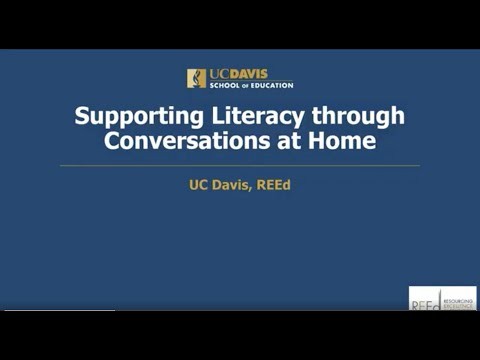
Spanish Parent Module Presentation: Apoyo a la alabetización a
travéz de conversaciones en casa
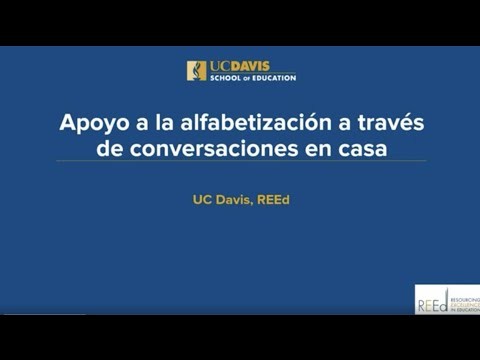
Additional Resources for Parents
Becoming
Bilingual
Reading
with your Child (English, Spanish, Bengali, and
Chinese)
Literacy Games
6
Games for Reading
Start with a
Book
Juguemos con el lenguaje/ The Joy of Talking with Young Children
(English and Spanish)
Adding Math into your Daily Routine
Reading Tips for Parents (available in many languages)
Teacher Modules: Supporting Academic Language in Every
Subject
The following video presentation modules may be used by teachers
to further their professional learning of instructional practices
to support emerging bilingual students in grades TK-2.
Module 1: Fostering Academic Interactions
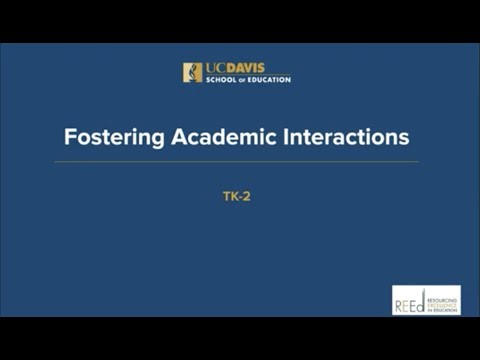
Module 2: Fortifying Complex Output
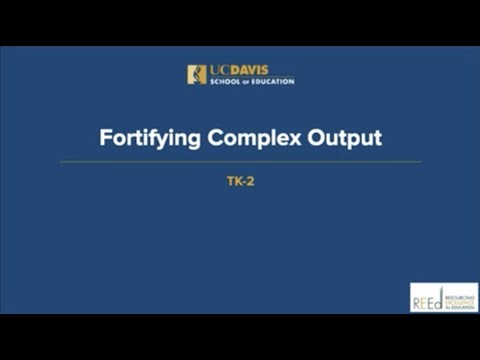
Module 3: Using Complex Texts to Build Academic Language
